Sex Ed?
Various sources influence teens’ decisions
This story was originally published in the third edition of The Lion’s Tale (December 12, 2017).
*Name withheld upon request.
Peer pressure is prevalent in all stages of life, though it is especially prevalent in high school.
“I’ve been peer pressured to do a lot of things, big or small: eating, trespassing, drinking, smoking,” said senior Madison Graham.*
Sex is also something that students can feel pressured into doing.
“Many people feel that they need to have sex with their significant other to prove something,” Graham said.
Senior Rachel Marrow* stated that teens are expected to have sex after a certain amount of time. This peer pressure, according to senior Dustin Piddle,* pushes teenagers to make decisions early.
“People are rushed to [have sex],” Piddle said. “They aren’t able to arrive at the experience naturally.”
Part of this rush, according to avert.org, is because teenagers believe they are more mature after having sex.
“I think that more and more people are having sex at younger ages, and it puts in others minds that they are ‘maturing’ quicker than them,” Graham said. “That they need to catch up, even if they don’t really want to. I think it stresses teens out more than they should be.”
This stress varies by gender, however. According to NCBI.com, males often see sex as a rite of passage while girls tend to be labeled.
“I believe peer pressure causes people to be harder on girls than guys about sex,” said junior Sandra Paulson.* “If they are virgins, many girls are called prudes, but if they aren’t virgins, then they are called sluts. In society, girls having–or not having–sex is a double-edged sword because they seemed to get judged either way.”
Paulson stated that sex should be a private thing, for both genders, rather than public and stressful.
“There are many people who believe that others do not have the right to privacy about their sex life, which they should,” Paulson said. “Sex should be a private matter as long as it is between consenting, mature people who understand their actions and the potential ramifications of these actions.”
According to avert.org, such ramifications can include Sexually Transmitted Infections (STIs) and pregnancies.
“It’s important to know how to avoid the spreading and getting of STDs [Sexually Transmitted Diseases] and STIs,” said senior Grace Gibson*.
Graham believes that a safe space helps these discussions.
“Being informed about things such as STDs is important,” Graham said. “Safe sex should be able to be talked about. Although students might think they know or can figure out things on their own, to have a safe environment to talk about it and ask questions is important.”
Parental Influence
For Graham, her safe environment has been her parents.
“I’m comfortable talking with [my parents] about it,” Graham said. “They made it normal to be able to speak about anything.”
Other students feel that their parents give them support on the matter.
“My parents were pretty alright with it,” said senior James Wallace, “They said ‘as long as you’re safe,’ and that was fine with me.”
Vicky Eldridge*, a parent who has two boys in elementary school, has always discussed sex with her children.
“They already know all the names for their parts and for women’s parts, they know what sex is,” Eldridge said. “They are allowed to ask anything. My oldest has access to the internet, so things have come up and he’s come to us and been like ‘what is this.’ We try not to close that door on him–we want them to always be able to ask us.”
Parent of two girls and boys Vanessa Puckett* finds ways to discuss things with her children trying to make them as comfortable as possible.
“I tend to bring up things to talk to the kids about in the car.,” Puckett said. “I allow them to give me short answers or no answers at all. I have given them books to read. My husband and I talk about things we hear other students doing at school which opens up conversation.”
Eldridge’s parents weren’t very open about sex, which has influenced her views upon how to communicate with her children.
“I learned about sex in weird ways; not from my parents,” Eldridge said. “So [my kids] just have the straight up facts.”
Puckett* is worried peer pressure affects her children’s perception of sex.
“I worry that what they believe is the right decision for them, may be influenced by peer pressure, alcohol, or even drugs,” Puckett said. “I want them to make decisions based on what they believe not what other people are telling them they should be doing at a particular age.”
Paulson’s parents have not provided as supportive of an environment.
“The only time my mom addresses sex is to tell me to wait until marriage because it is a ‘sin’ to do otherwise,” Paulson said. “Instead of this encouraging me to wait, this only encourages me to not be honest with my mom about it.”
According to Graham, the religion with which she grew up has influenced her beliefs on sex.
“I think it’s a very intimate thing, not something to be taken lightly,” Graham said.
Junior Anthony Rodriguez* has a similar viewpoint.
“I think that it’s important to wait until marriage to have sex,” Rodriguez said. “I have that opinion because of my religion.”
Other students stated that their parents don’t influence their knowledge on sex at all.
“In first grade, [my parents] told me how periods work, that was about it,” Gibson said.
Other Sources of Information
According to care and prevention teacher Kevin Mathews, biology teachers are required to teach a two-to-three week unit on STDs.
“We talk about a few STDs (some viral and some bacterial) and we discuss ways to treat and avoid getting STDs,” said Biology teacher Heather Delong. “We will also detail male and female anatomy, trace the flow of ejaculation and discuss the differences in the trimesters of pregnancy.”
However, some students feel that this unit is not very informative.
“One week in biology for sex education doesn’t really teach me anything, and people around me don’t really talk about it,” Gibson said. “I wasn’t really taught formally through the education system or my parents, so I had to rely on myself to be able to protect myself. I learned basic sex ed through Google.”
Junior James Theo* also relies on information online.
“I get my information online,” Theo said.
Paulson believes that a more in-depth sexual education class would be helpful to students.
“[Students] need to be informed on the potential ramifications of having sex and the best ways to ensure their safety if they choose to do so,” Graham said. “By giving students education about sex, that isn’t encouraging them to have sex, it is only encouraging them to be safe if they choose to have sex.”
Your donation will support the student journalists of Oviedo High School. Your contribution will allow us to purchase equipment and cover our annual website hosting and printing costs. Thank you!

![Prom king Colin Napier and queen Leah Hopkins dance the night away during the Golden Gala on April 26th. Prior to the prom, the Student Government must make many preparations over the course of months in order to ensure it goes off without a hitch. However, their work eventually pays off when it comes time for the dance. “We set up [the prom] the day before, and it’s horrible. We’re there for a very long time, and then we get our beauty sleep, and then we get ready for prom the next day,” Aubrie Sandifer said.](https://oviedojournalism.com/wp-content/uploads/2025/05/Oviedo-197-800x1200.jpg)
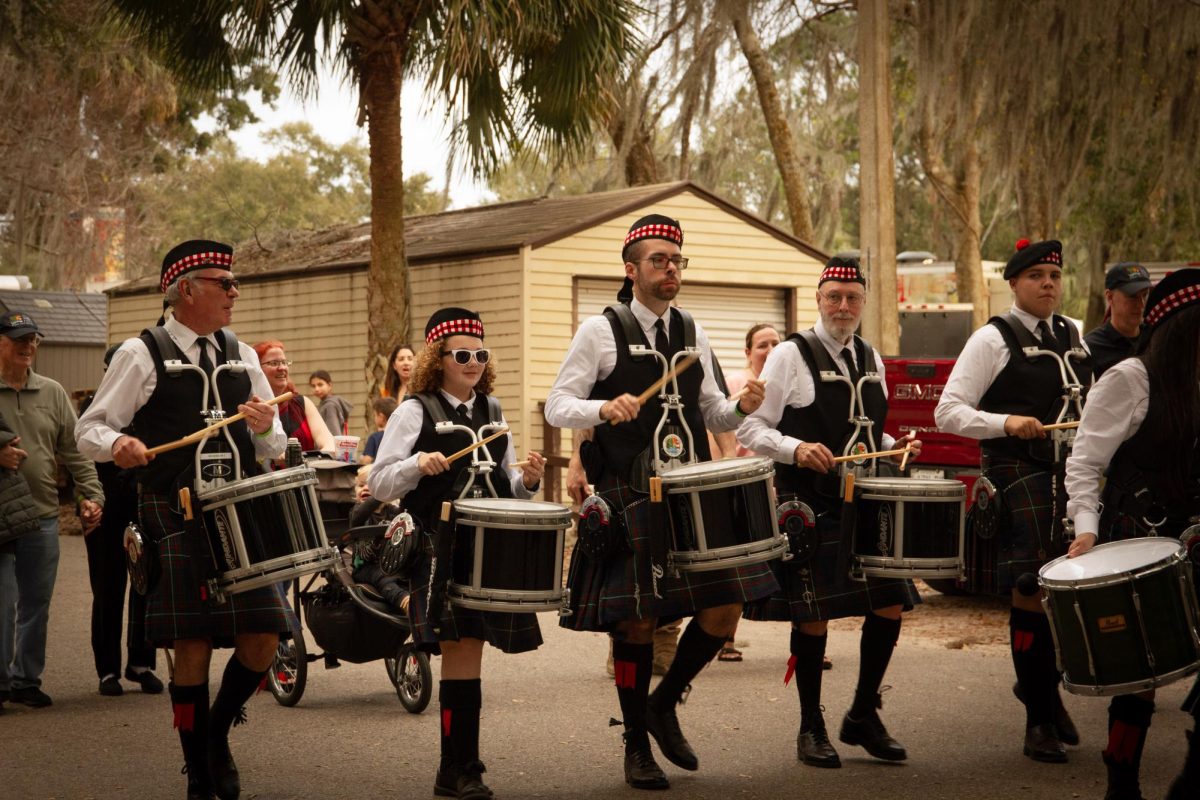
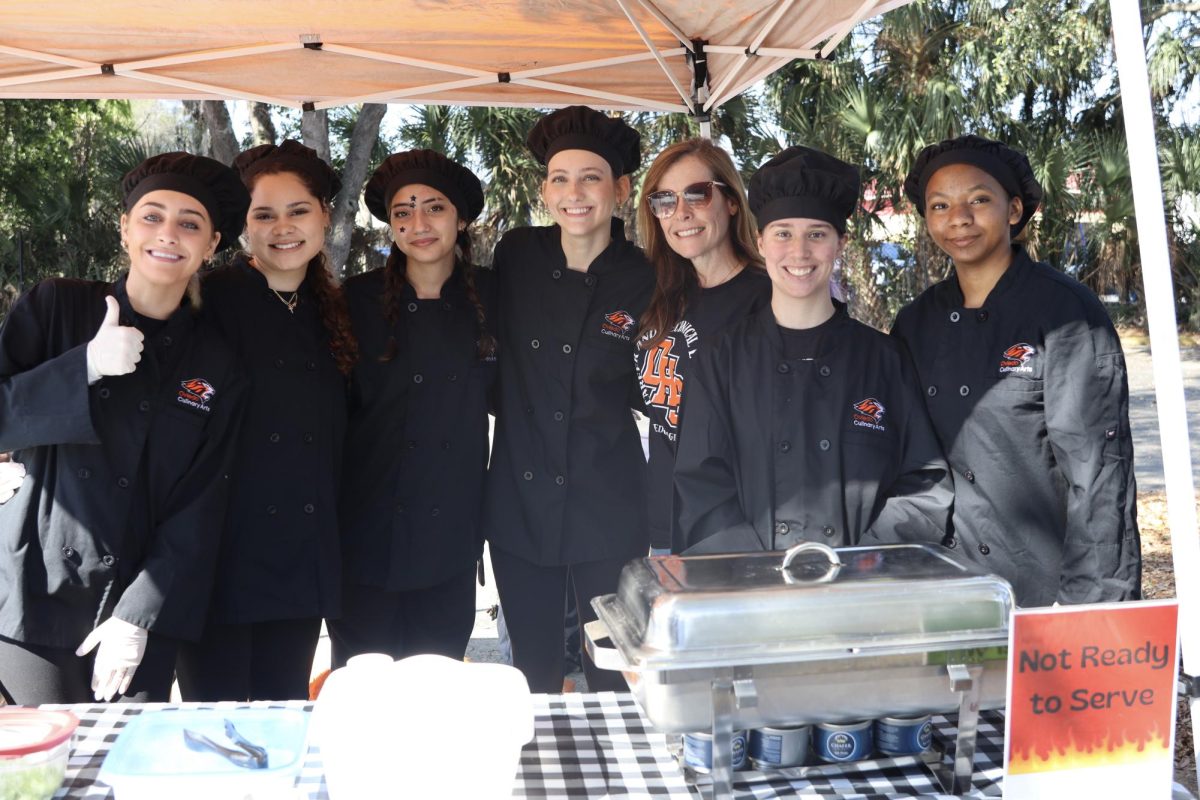
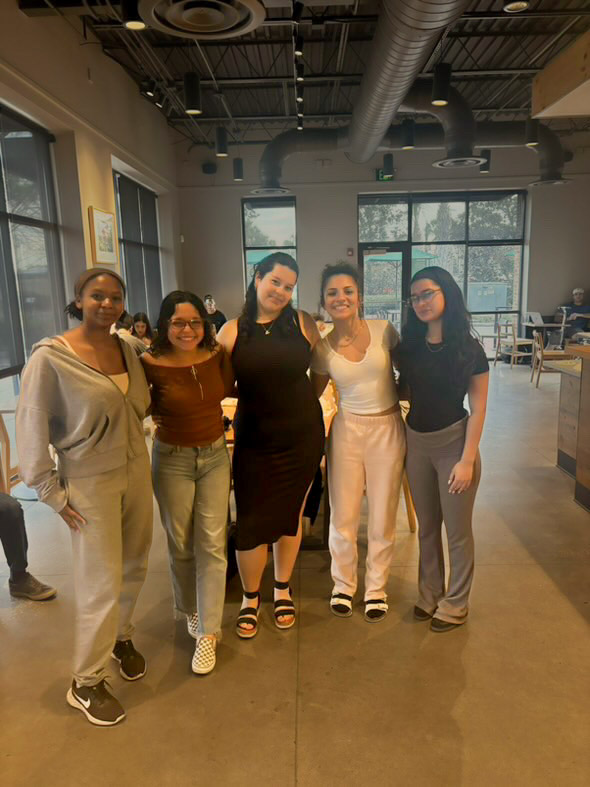

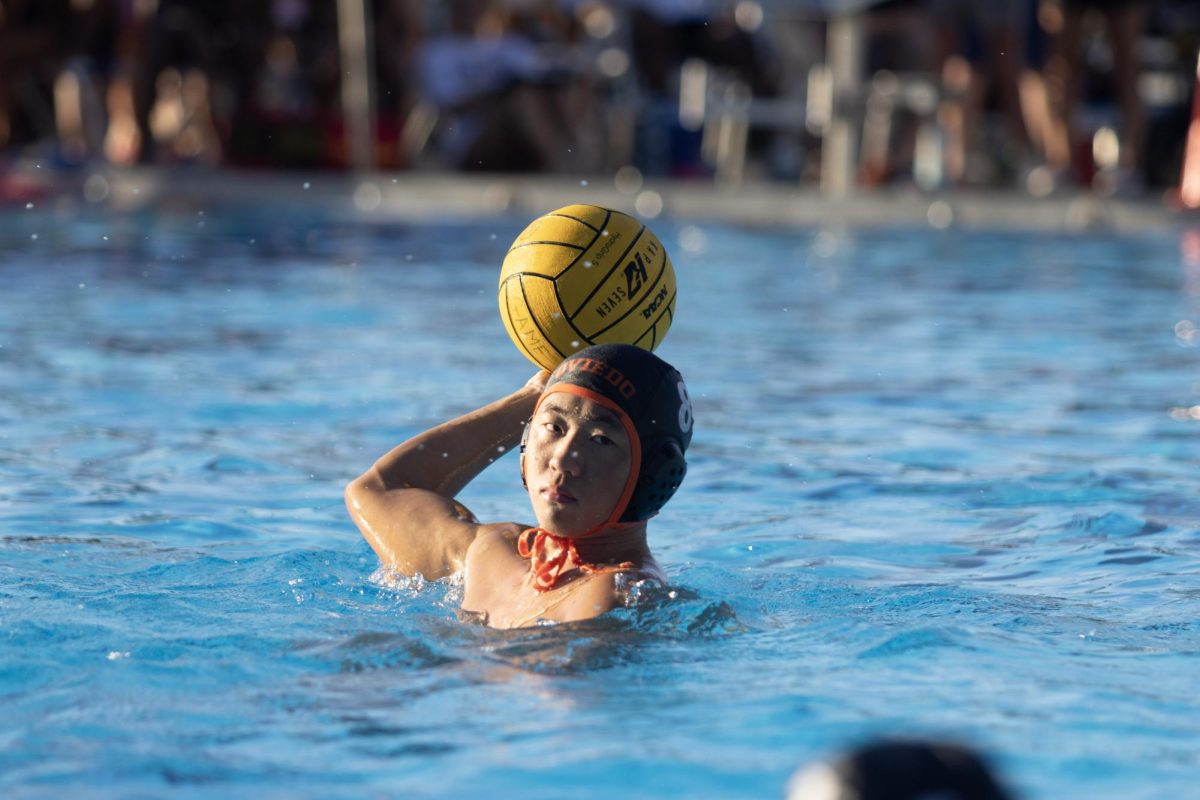

![Hopkins at Honor Grad with golf coach John McKernan. As Hopkins’ golf coach for the last two years he has seen Hopkins’ growth as a player and person along with their contributions to the team. “[Hopkins] has just been really helpful since I took [the golf team] over, just anything I wanted to do I ran by [Hopkins],” said McKernan.](https://oviedojournalism.com/wp-content/uploads/2025/05/B66A7760-800x1200.jpg)


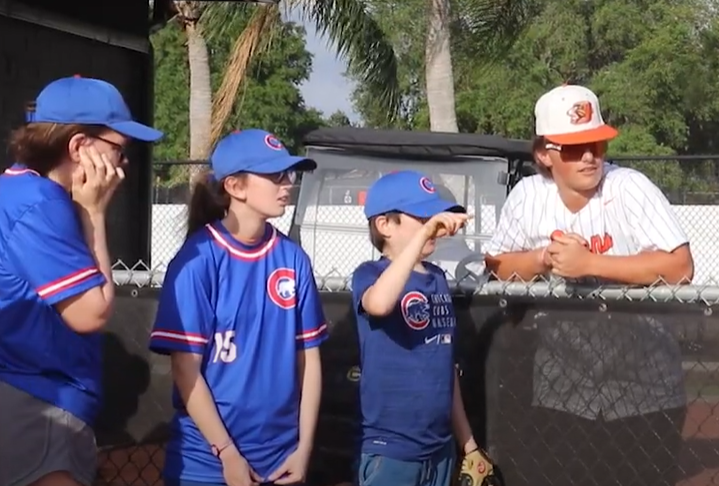
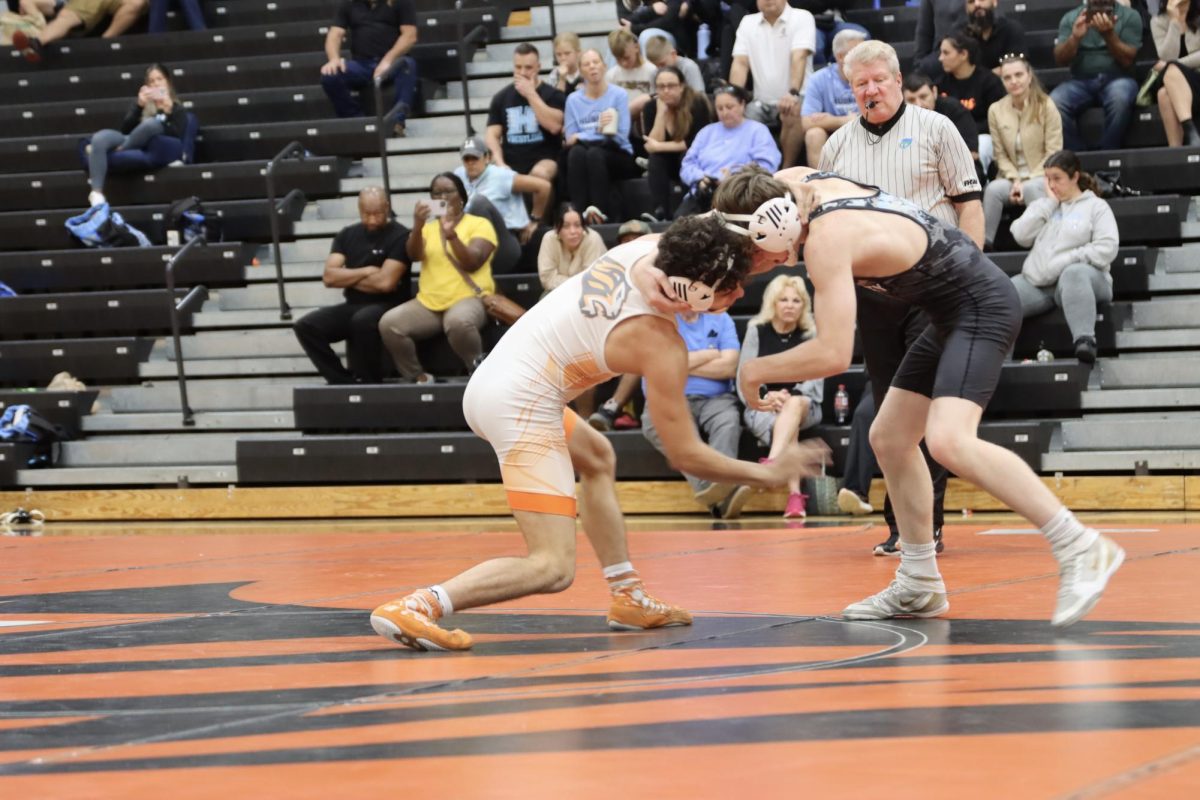
























![Prom king Colin Napier and queen Leah Hopkins dance the night away during the Golden Gala on April 26th. Prior to the prom, the Student Government must make many preparations over the course of months in order to ensure it goes off without a hitch. However, their work eventually pays off when it comes time for the dance. “We set up [the prom] the day before, and it’s horrible. We’re there for a very long time, and then we get our beauty sleep, and then we get ready for prom the next day,” Aubrie Sandifer said.](https://oviedojournalism.com/wp-content/uploads/2025/05/Oviedo-197-400x600.jpg)
![Hopkins at Honor Grad with golf coach John McKernan. As Hopkins’ golf coach for the last two years he has seen Hopkins’ growth as a player and person along with their contributions to the team. “[Hopkins] has just been really helpful since I took [the golf team] over, just anything I wanted to do I ran by [Hopkins],” said McKernan.](https://oviedojournalism.com/wp-content/uploads/2025/05/B66A7760-400x600.jpg)
